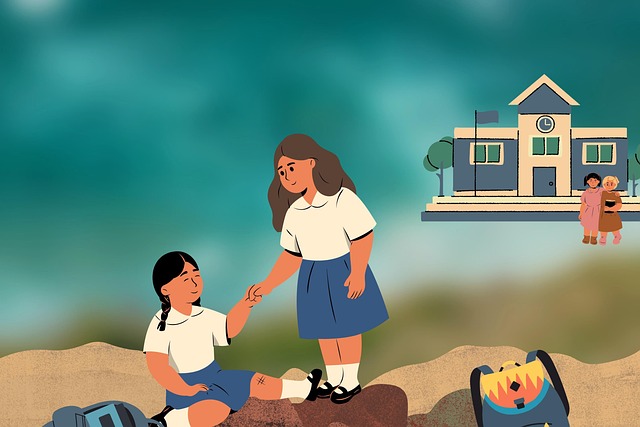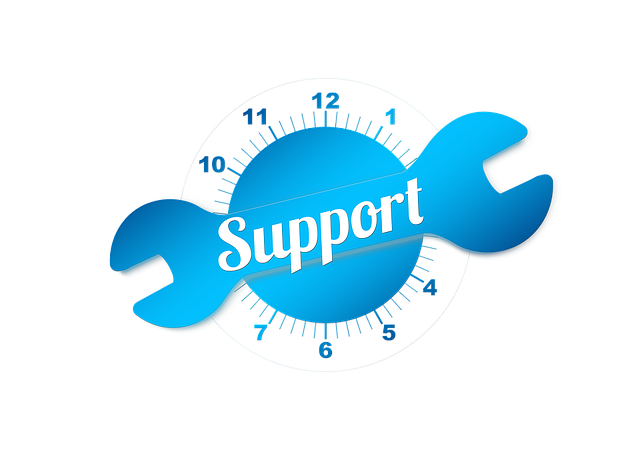Oregon's child support laws are fair and guided by state-established criteria, with the Department of Human Services overseeing compliance. Individuals facing financial challenges in child support can access Oregon legal help through state programs like Legal Aid Services of Oregon (LASO), offering free or low-cost assistance. Private legal services cater to complex cases and provide customized guidance, while organizations offer sliding scale fees for those who need legal representation but have financial constraints. Oregon legal help is readily accessible through various resources, including local legal aid groups, the Oregon Law Help website, and pro se litigation tools provided by the state.
Struggling with child support issues in Oregon? Navigating complex laws can be daunting, but understanding your rights and options is crucial. This guide provides a comprehensive overview of legal resources available for Oregonians dealing with child support. From state-mandated aid to free or low-cost services, we explore how to access Oregon legal help. Whether you need assistance from a qualified attorney or want to represent yourself, these resources ensure every parent can protect their rights and make informed decisions regarding their child’s future.
- Understanding Oregon's Child Support Laws
- Eligibility for Legal Aid in Oregon
- Private Legal Services and Costs
- Steps to Locate Free or Low-Cost Legal Help
- Resources for Self-Representation in Child Support Cases
Understanding Oregon's Child Support Laws

In Oregon, child support laws are designed to ensure that both parents contribute to their child’s financial needs. The state has established guidelines for calculating child support amounts based on factors like income, custody arrangements, and the number of children involved. Understanding these laws is crucial for anyone navigating Oregon legal help regarding child support issues.
Oregon’s Department of Human Services handles child support cases, offering various resources to assist parents in complying with support orders or modifying them as circumstances change. There are also non-profit organizations and legal aid societies dedicated to providing Oregon legal help specifically tailored to family law matters, including child support disputes. These entities can offer guidance, representation, and support throughout the process.
Eligibility for Legal Aid in Oregon

In Oregon, individuals facing child support issues may be eligible for legal aid through various state and federal programs designed to provide Oregon legal help. Legal Aid Services of Oregon (LASO) is a primary provider, offering free or low-cost legal assistance to those who meet certain income guidelines. LASO helps with a range of family law matters, including child support enforcement, modifications, and collections.
Eligibility for Oregon legal aid is based on income and household size. Individuals must have an annual income at or below 125% of the federal poverty level to qualify. For accurate determination, applicants should consult LASO’s eligibility criteria or contact their local legal aid office directly. These resources ensure that those who need Oregon legal help the most can access it, promoting fairness and support in child support-related cases.
Private Legal Services and Costs

When it comes to Oregon legal help for child support issues, one option is to seek assistance from private legal services. These services can provide specialized knowledge and guidance tailored to your specific situation. Attorneys specializing in family law and child support matters can offer a range of support, from counseling on negotiation strategies to representation in court proceedings. Engaging private legal services can be beneficial for complex cases or when both parents require legal advocacy.
The costs associated with these services vary based on the attorney’s experience, the complexity of the case, and the time required. It’s essential to inquire about hourly rates, flat fees, or contingency arrangements before hiring an attorney. Many Oregon legal help organizations offer sliding scale fees or pro bono services for those who qualify, making legal assistance more accessible. This approach ensures that financial constraints don’t prevent you from seeking the legal support you need regarding child support matters.
Steps to Locate Free or Low-Cost Legal Help

Locating free or low-cost legal assistance is a crucial step for individuals navigating Oregon’s child support system, especially those who may be facing financial challenges. Many organizations and government agencies offer services to help Oregonians access justice and resolve their legal issues affordably. One effective way to start is by reaching out to local legal aid organizations that specialize in family law matters. These non-profit groups often provide free or low-cost consultations, representation, and support for people who meet specific income eligibility criteria.
You can begin your search by visiting the Oregon Law Help website, which offers a comprehensive directory of legal services providers across the state. Additionally, the Oregon Bar Association’s Lawyer Referral Service can connect you with attorneys who may offer reduced rates or pro bono assistance (free legal services) for those who qualify. Local community centers, social service agencies, and schools also frequently host workshops and clinics to educate residents about their rights and provide basic legal guidance.
Resources for Self-Representation in Child Support Cases

In Oregon, individuals facing child support issues can access various resources to navigate their legal options, even if they choose to represent themselves in court. Self-representation, also known as pro se litigation, is a viable option for those who prefer to manage their case independently or cannot afford an attorney. The Oregon Judicial Department offers numerous tools and guides tailored for self-represented litigants, ensuring they have access to the necessary legal information. Online resources such as the Oregon Law Help website provide comprehensive overviews of child support laws and procedures, making it easier for parents to understand their rights and obligations.
Local legal aid organizations play a crucial role in supporting Oregonians seeking pro se representation. These non-profit groups offer free or low-cost legal assistance, including advice on filling out court forms, understanding court rules, and navigating the complexities of child support cases. By leveraging these Oregon legal help resources, individuals can better protect their rights and work towards favorable outcomes for themselves and their families.














